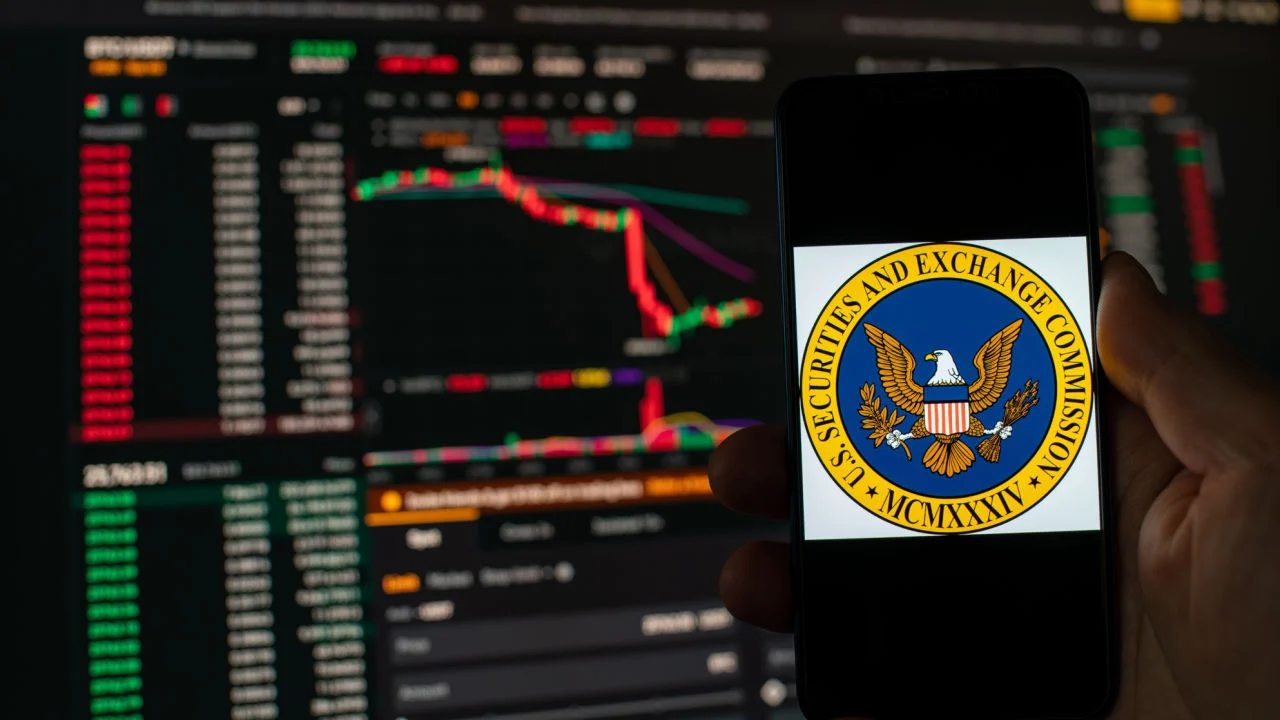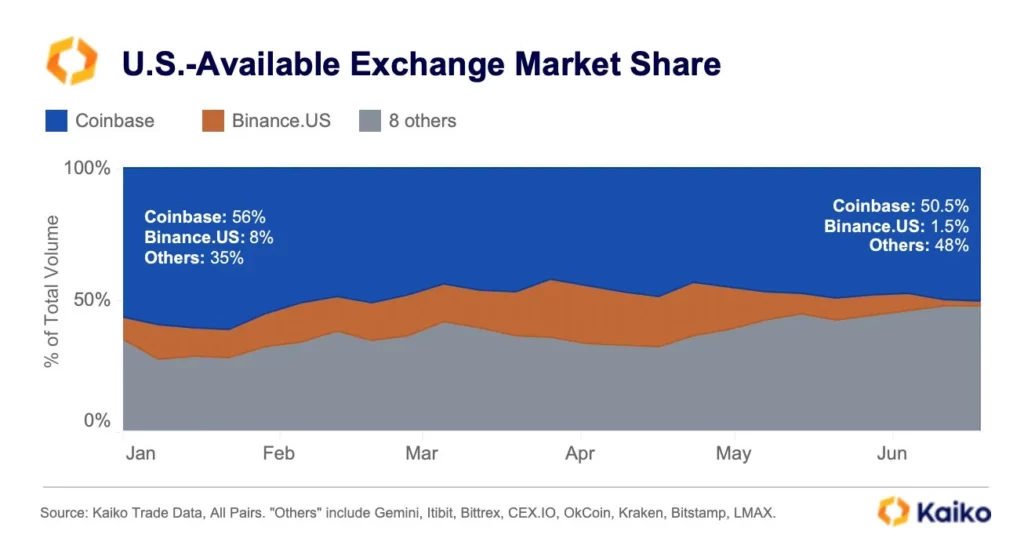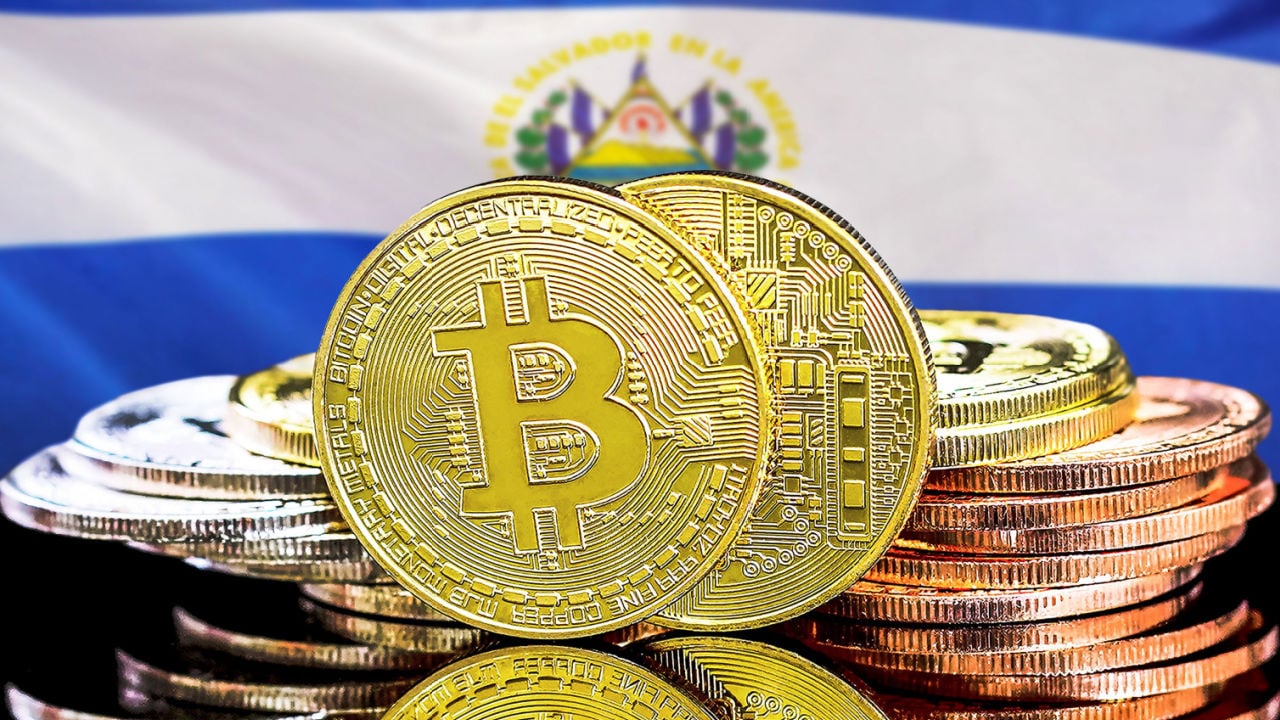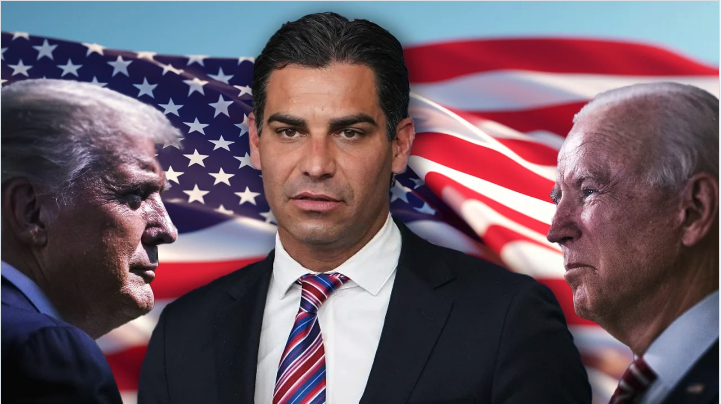Since the Federal Employees Retirement System was established in 1986, Social Security payments have been a significant component of federal employees’ total retirement package. They comprise the spectrum of income streams that federal employees have access to when they consider retirement, together with the standard government retirement pension, their personal savings, and investments in the Thrift Savings Plan.
Social Security, however, is not unchangeable. Benefits and the rules that apply to them are always subject to revision by Congress. And in recent years, they have evolved in a way that is less generous in terms of replacing earnings earned via employment.
The index average of the top 35 years of salary on which an employee has paid the Social Security tax, or FICA, serves as the basis for calculating Social Security benefits. For lower income, the benefit formula offers a bigger replacement of pre-retirement pay, while offering a smaller replacement for high earners.
Benefits from Social Security can be received as early as age 62. However, the amount is permanently decreased for individuals born in 1960 or after by 30% of the maximum benefit. A worker retiring at age 65 in 2023 with prior average earnings of $105,835 would, for instance, get a payout of $32,345. If they register at age 62, the sum is 30% less.
The average monthly Social Security payout in 2023 was $1,782, or $21,384 year. Social Security payments would replace nearly 37% ($24,463) of prior earnings for a person who worked all of their adult life at the average wage ($66,147 per year) and retired at age 65 in 2022. But as the full retirement age for the program steadily increased from 65 in 2000 to 67 in 2022, that replacement rate has decreased.
Social Security payouts have decreased in comparison to pre-retirement wages as a result of this departure from the straightforward and hands-off Civil Service Retirement System paradigm. Benefits due at age 62 (for those born in 1960 or later) are now worth just 70% of the whole benefit, down from 80% when the full retirement age was 65 (for those born in 1937 and earlier), as a result of Social Security reforms approved in 1983 that raised the retirement age.
The 1983 revisions were implemented in an effort to permanently address the issue of supporting the Old Age and Survivors Disability Insurance trust fund, which is a component of Social Security. But it didn’t take place. Additionally, the chief actuary for Social Security claims that lawmakers will have to make new decisions in order to handle the OASDI gap in the upcoming years.
The options include increasing scheduled revenue by 2034 by almost a third, cutting scheduled benefits by roughly a fourth, or combining the two. Congressmen will then have to make some pretty difficult choices.










